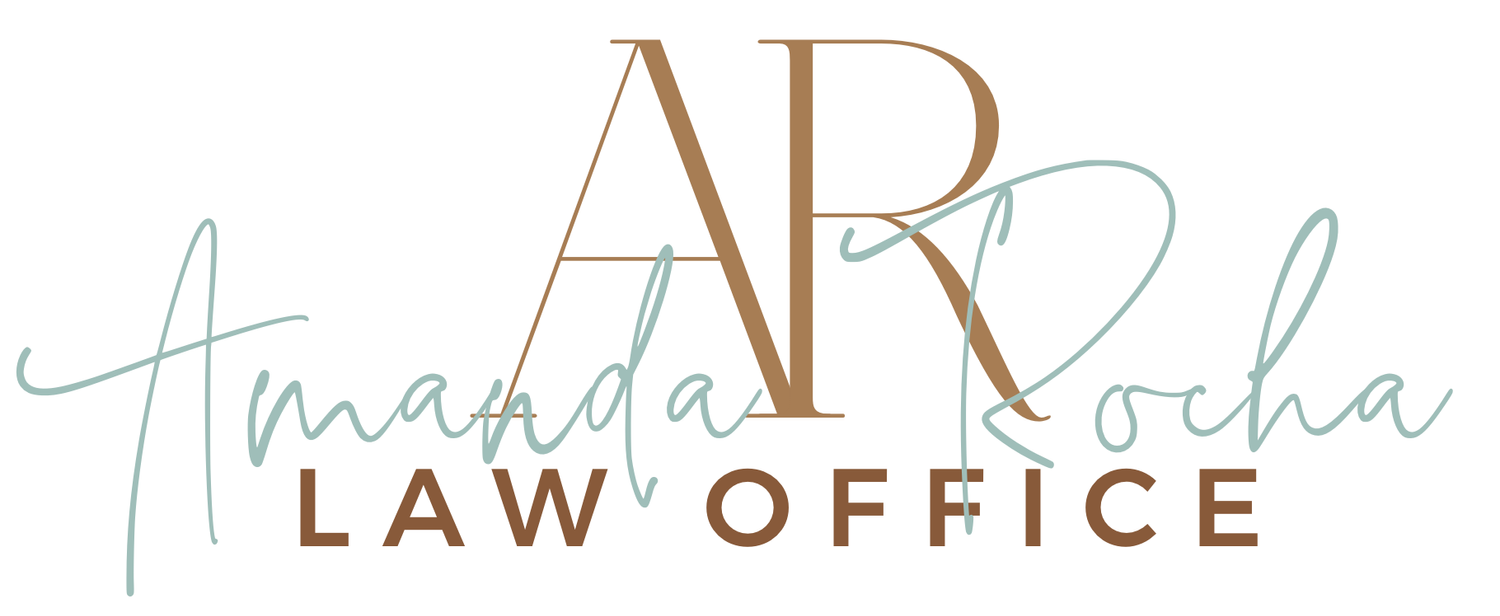What is Probate?
You have heard me say it many times before, and I’ll continue to tell you, you need an estate plan to avoid probate! A will alone does not avoid probate.
If your entire estate is worth less than $166,250, then you will avoid probate. Beware, the value of your estate is more than real estate and physical items. In fact, it includes more than probate itself, counting your life insurance, retirement funds, and bank account toward your estate value.
What Is Probate?
Probate is the process of either proving an existing will to the court for its authenticity and making sure all proper rules were followed, or if an estate plan was not created, it is the process of having the court review all of a person’s property for distribution after death.
What Property Goes Through Probate?
Not all property goes through probate; if it is owned by more than one person and any of them are living, it will pass to them in the way that the property was set up. For example, if two siblings owned property in a joint tenancy, the property would pass to the surviving sibling without probate (unless there were provisions providing otherwise). This is the same for joint bank accounts, etc.
What about your retirement accounts and life insurance? While these account for your total estate value, they do not pass through probate. The listed beneficiaries will receive them.
How Long Does It Take?
Probate takes up to 18 months without an extension.
Who Is Involved In Probate Proceedings?
An executor, sometimes called an administrator or personal representative, is assigned to represent the interests of the decedent (person who passed), and a probate attorney can also be hired to advise the executor. The executor is not an attorney and is usually someone from the family who has is not an expert on probate court and its processes. The court does not supervise the executor. Hiring a probate attorney prevents family conflict and distributes some of the burden of correctly handling probate.
What Does It Cost?
Probate fees are statutory, meaning set by law and dependent upon the value of the estate (Probate Code Section 10810). See below for a breakdown.
Here are a few examples:
Estate Total: $500,000.00
Attorney Fee: $13,000.00
Executor Fee: $13,000.00
Estate Total: $850,000.00
Attorney Fee: $20,000.00
Executor Fee: $20,000.00
Estate Total: $1,000,000.00
Attorney Fee: $23,000.00
Executor Fee: $23,000.00
Estate Total: $2,000,000.00
Attorney Fee: $33,000.00
Executor Fee: $33,000.00
As you can see, the costs add up very quickly. In California, it is easy to imagine an estate worth over $500,000.00 if you have a home and own vehicles.
Why Else Would I Want To Avoid Probate?
Aside from the reasons above, a will can be contested during the probate process by either creditors, family members, or other people who believe they have a claim.
Probate is PUBLIC. Anyone can attend and anyone can look up the probate proceedings and wills filed.
All creditors have to be formally notified of the probate by the executor.
How Do I Avoid Probate?
There are a variety of tactics your estate planning attorney can use to avoid probate. They can include some or all of the following: setting up trust;, making sure all retirement, life insurance, and bank accounts have the proper beneficiaries; specific planning for giving gifts during life; and having the proper estate planning documents up to date and in order.
Please contact me if you have any questions or would like to set up an estate plan.
